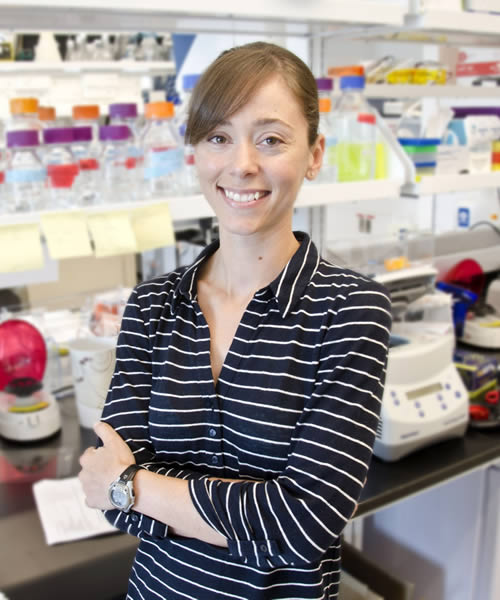Molecular Basis of Infectious Disease
Infectious diseases of all types remain among the greatest threats to human health. Recent events remind us that combatting these ongoing imminent threats requires a detailed understanding of the biological processes that are the basis for infection and disease. This understanding, in turn, provides the foundational knowledge that guides development of new therapies.
Faculty in the Department of Biochemistry and Molecular Genetics study infectious disease-causing agents ranging from viruses to multicellular parasites. Members of their laboratories seek to understand the molecular underpinnings of the parasites and key host-parasite interactions that drive disease. The goal is to know, at the most fundamental level, how these infectious agents operate and evolve by applying expertise in molecular biology, biochemistry, structural biology, genomics, computational biology, biophysics, metabolomics, and proteomics in a collaborative and dynamic environment. This multidisciplinary approach provides major insights into the biology of these parasites as well as identifying novel targets to inform drug screens, vaccine development, and new diagnostics.
.jpg?sfvrsn=99f2ccb9_4)
Faculty with Research in this Area

Angelo D'Alessandro, PhD
Cancer metabolism and (red) blood cell biology

Elan Eisenmesser, PhD
Viral protein/host protein interactions and enzyme motions

Lydia Heasley, PhD
Molecular causes and phenotypic consequences of the broadly defined family of genomic features known as structural variations (SVs)

Jay Hesselberth, PhD
Nucleic acid repair

Olivia Rissland, PhD
RNA stability and translation

Beat Vögeli, PhD
NMR spectroscopy for the elucidation of conformation and communication networks within and between proteins and nucleic acids